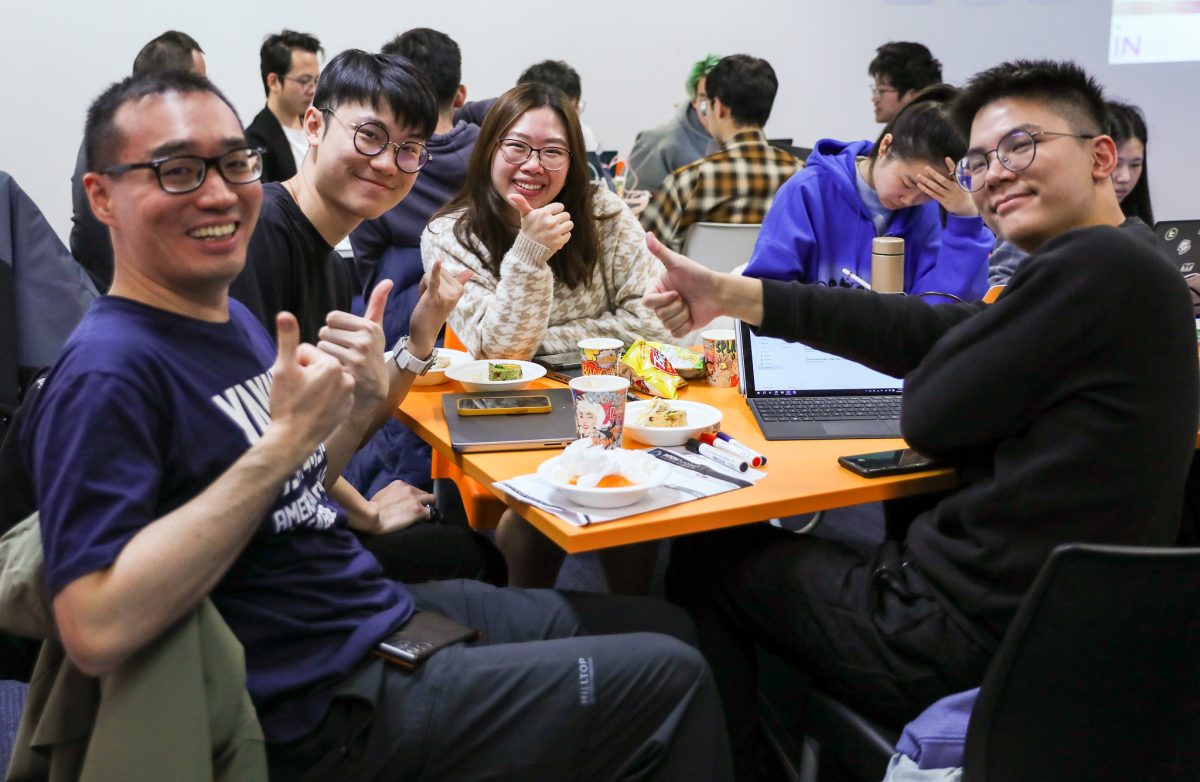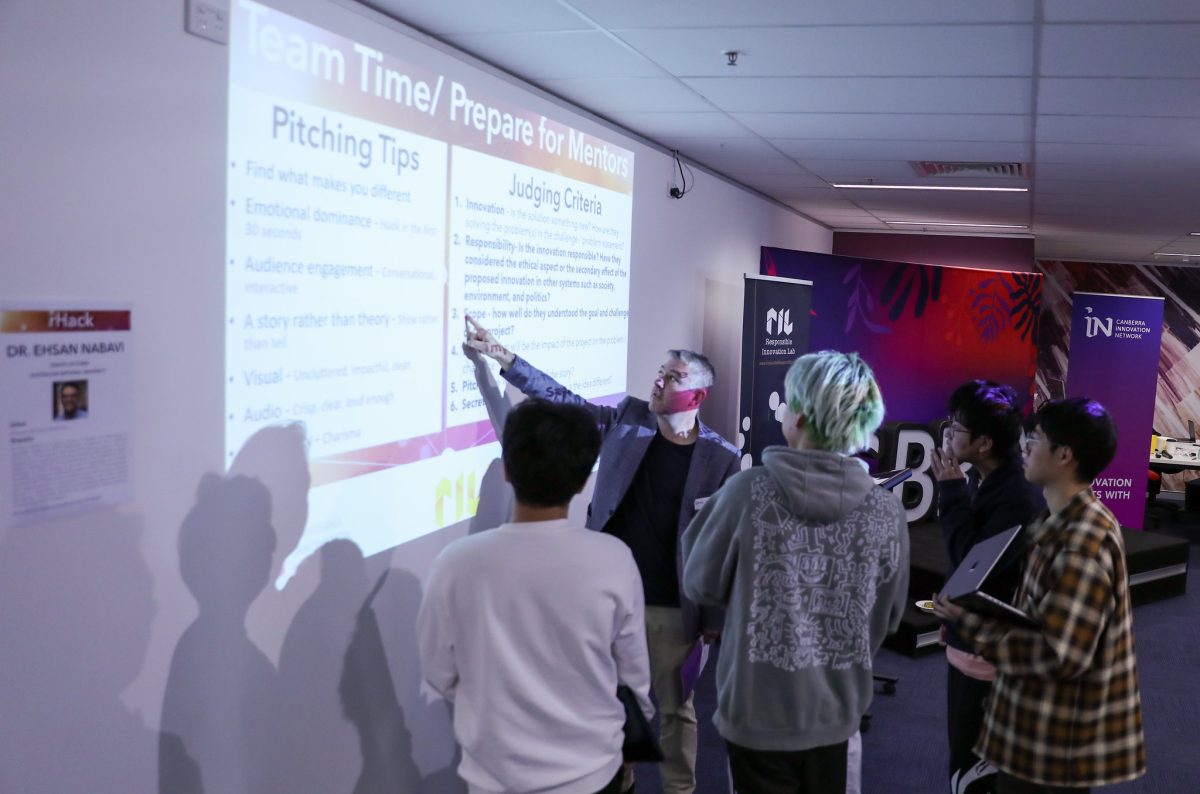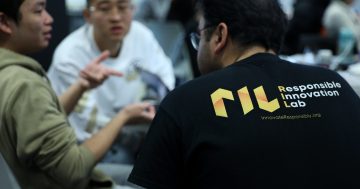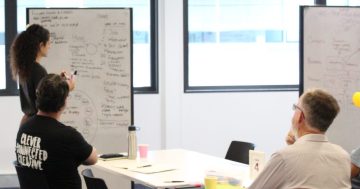
Hackathons are designed to be disruptive, to have an impact and create change in whatever area the hackathon is dedicated to. Photo: Abigail Hils.
Much like a marathon, a ‘hackathon’ is an event marked by endurance, but competitors running this race do it with their minds, not their feet.
Whether or not you’ve heard of a hackathon, you’d be forgiven for some confusion about what it actually is. Simply put, hackathons are 24 to 48-hour competitions that bring skilled teams together to compete for a cause.
Teams work around the clock to workshop ideas, technology, prototypes, plans or processes that solve real-world issues. This could be for a specific company or an entire sector on a local, national or international level.
The final product is not meant to be complete – it’s the beginning of something designed to be disruptive, to have an impact and create change in whatever area the hackathon is dedicated to.
Once the hackathon is over, each team presents to a panel of industry experts who evaluate whether their work could meet real-world needs. If it does, the possibilities are endless.
An example of hackathons’ great potential lies in Fatigue Hack, a 48-hour hackathon organised by CBRIN and the Australian Trucking Association in 2018. Seeking solutions to address and manage fatigue in long-haul drivers, Fatigue Hack brought together nine teams to tackle the challenge.
“We saw cutting-edge tech solutions, including some that predicted fatigue, alerted the driver, conversed with them, and navigated them to a safe stop where they could rest,” says Petr Adámek, CEO of Canberra Innovation Network (CBRIN).
“The goal was to reduce the number of truck crashes caused by fatigue, which is quite high in Australia.”

Hackathons only run for a day or two. Petr says their intensive nature brings out the best in the competition. Photo: Abigail Hils.
Fatigue Hack was held alongside the annual Australian Trucking Association conference, which attracted 300 industry members, including truck companies, dispatchers and drivers.
“It was perfect timing as the profession got to interact really closely with the people trying to build solutions for them,” Petr says.
“I think it showed the whole of Australia, and probably beyond, the opportunity that exists in open innovation. Hackathons are just one of many effective ways to leverage it.
“The winning solution at Fatigue Hack was put together by a team that included a software technologist, a medical doctor and a sleep scientist. They came up with an ECG monitoring system that runs in the steering wheel to measure fatigue signals, which actually went into trials and was used on the road.”
Atmosphere is what it’s all about at these events.
Described as ‘life-changing’ for entrepreneurs looking for a solid platform to develop their skills, local hackathons run by CBRIN have worked on issues facing agriculture, health, biosecurity, social justice, employment, cybersecurity, corrective services and more.
“There’s something really exciting and energising about trying to solve a big problem in a new way with a group of like-minded peers,” Petr says.
“It’s liberating to see what can be achieved when you pitch your skills so intensely in such a short timeframe.
“Hackathons capture the potential of diverse groups of people and direct them towards an issue worth solving. They’re just a taste of what can grow when entrepreneurship and academia combine.”
If you would like to organise a hackathon for your business or industry, get in touch with CBRIN.





















